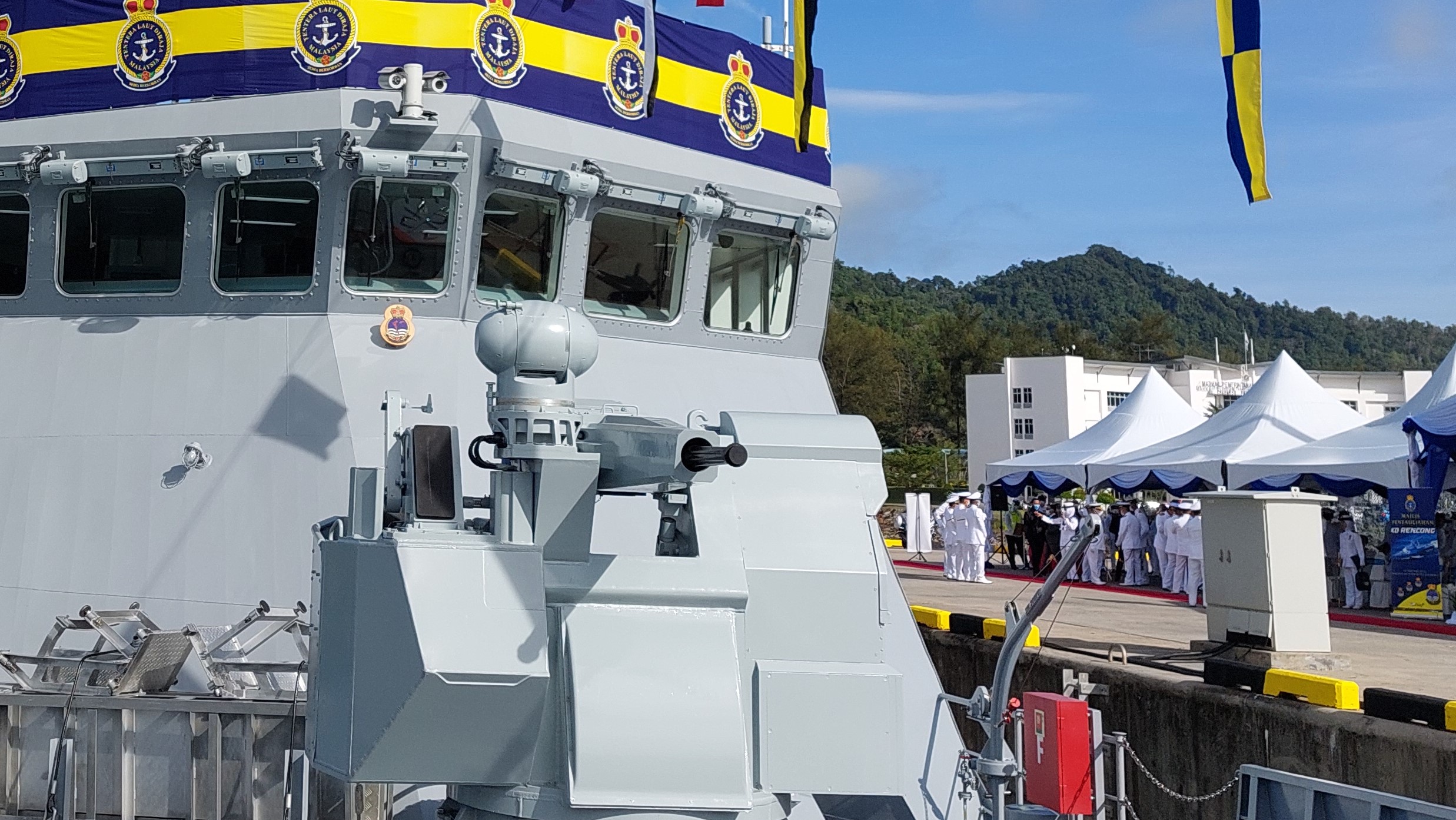
SHAH ALAM: Ammo for Keris class, Part 3. Last July and November, I wrote about the tenders for ammunition for the 30 mm CS/AN3 Single Barrel Rapid Fire Naval Gun on the Keris class. There were at least three tenders, one for 30mm High Explosive Incendiary (HEI) rounds, being sourced from a manufacturer in Eastern Europe.
The 30mm HEI tender for some 4,400 rounds was awarded to World Integrated Technologies Sdn Bhd, for a contract price is RM5.2 million. Another two separate tenders were for High Explosive Target Practice (HE-TP) and Armour Piercing Tracer (AP-T) rounds.
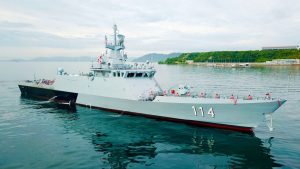
Like the HEI rounds, both contracts called for 4,400 rounds of 30mm X 165mm cartridges, the standard 30mm caliber rounds for Russian and Chinese guns.Both tenders were awarded to Nestari Resources Sdn Bhd for the same price of RM4.17 million. When this was announced we have no idea where the ammo are being sourced.
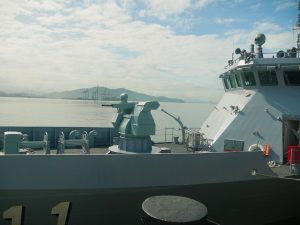
Thanks to another MTO quotation notice – published on February 17 and closing on February 25 – now we know that the two batches of HE-TP and AP-T 30mm ammo are being sourced from a China ammunition manufacturer, most likely the state-owned Norinco. This is because the ammo are to be shipped from the Tianjin port, located some two hours drive from the capital of China, Beijing.
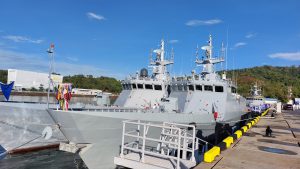
It interesting to note from the tender awards, that the RMN is getting two source of ammo supplies, one from Eastern Europe and the other China, when most of the time it is getting such things from one supplier only. But as I have said previously, the more the merrier!
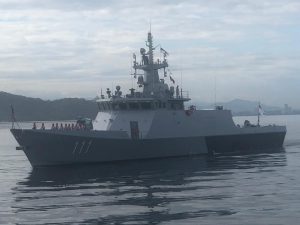
Perhaps when another round of tenders for ammo is published, our local suppliers can look at other suppliers including one from an Asean country like Vietnam. Vietnam like other Asean countries are self sufficient in ammo manufacturing unlike Malaysia. As they are well equipped with 30mm guns from Russia, they also produced the same 30mm X 165mm cartridges as used in the Keris class and the Flankers.
— Malaysian Defence
If you like this post, buy me an espresso. Paypal Payment


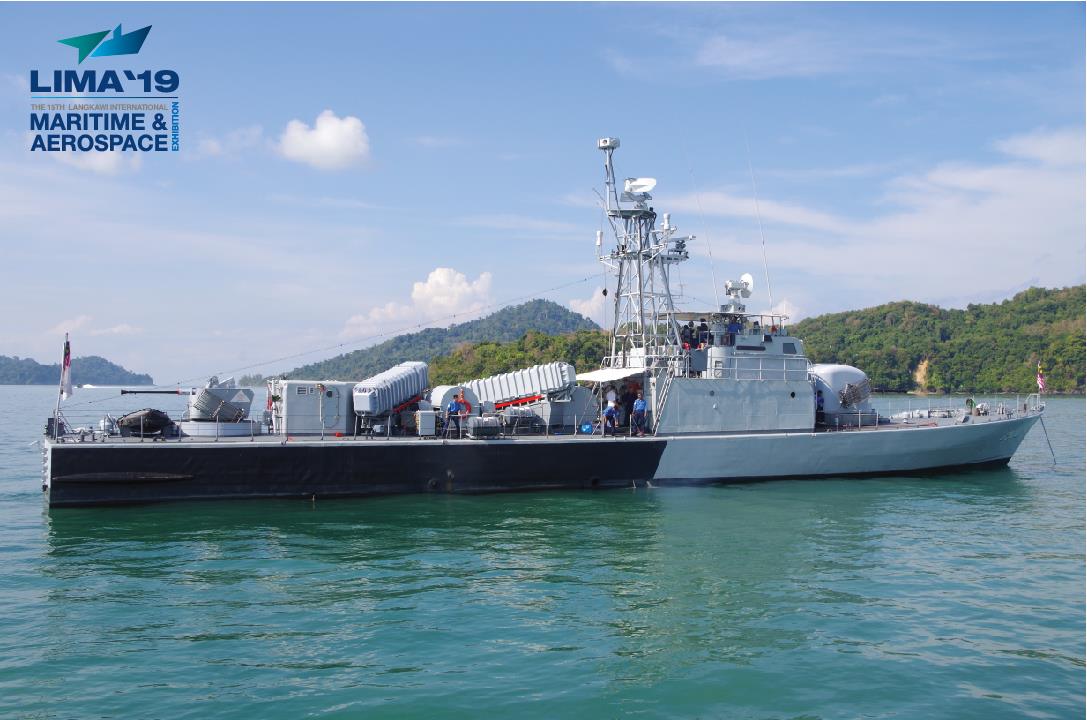
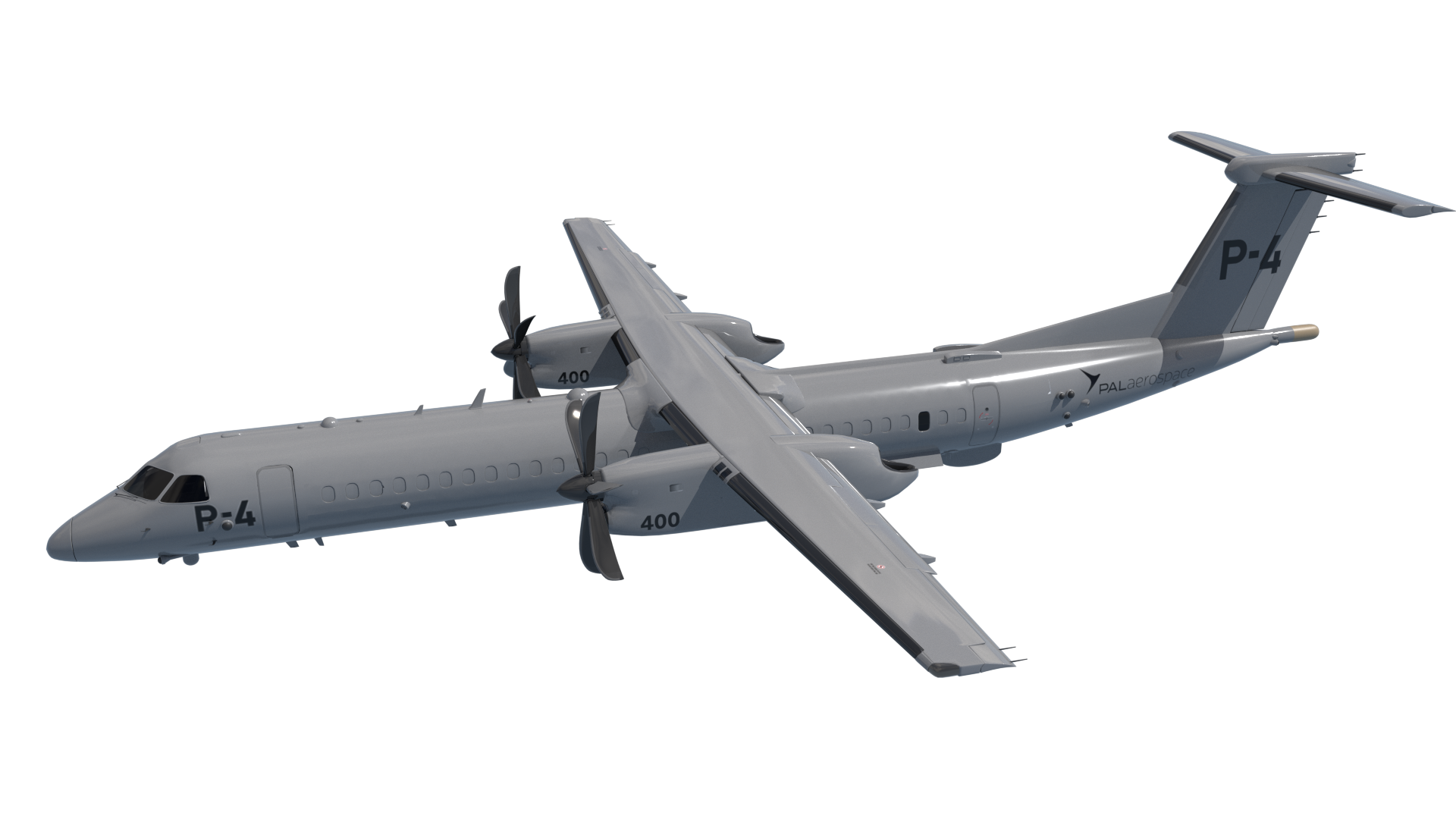
don’t put all eggs into 1 basket?
4,400 rounds range of 4m to 5m, is about 1k+ per round.
Damm expensive…hahaha. 1 test live firing, it finish up a normal person few months or a year salary.
Michael, you forget 1000 MYR is not worth much internationally nowadays.
My question is: why so many practice rounds? Do they use practice rounds as warning shots?
“including one from an Asean country like Vietnam”
If the specs meet and price is right, yeah why not. But I doubt it is price competitive, if our local makers cannot make it cost efficient it is likely the same for other regional ammo makers. This unlike Eastern Europe makers whom have a long history of making weapons & ammo since the Soviet era, many of which are exporters by merit and had R&D and self developed improved versions of Russian weapons & ammo.
But all the more merrier and we benefit from it as we are free to source globally rather than depend on 1 source as the agents selected are more than likely to meet the cost & delivery targets since this is pure business *looks at SMEO*
Vietnam has been making Russian and Chinese ammo since the late 60s, and have used them in combat. It will not cost more than the ones produced by Russia, Eastern European countries and China
” Vietnam like other Asean countries are self sufficient in ammo manufacturing”
IMO not in the strictest sense of the word. Does Vietnam source all the raw components locally or from abroad? A country which is really self sufficient in ammo should have not only the ability to manufacture/produce it but also not be reliant on external sources for anything; be it the brass caps or the chemicals.
Even the UK is not really self sufficient in ammo per see in that a lot of stuff needed for the manufacture of ammo needs to be imported.
Making for local consumption is one thing, sorry but Im unaware if Vietnam have a robust ammo export business at the least I have no info from open sources nor do I seen them around during the last few DSAs. Only thru exports can any local production justify lowering the cost of making, it is the same for us and the same goes for Vietnam. It could be the case but as I said, Im unsure.
Im guessing it could be as you said before, that state owned arsenals are making ammo at uncompetitive prices and at a loss if compared with Russia/China makers. Eastern European makers too would faced the same issues, but somehow they found their niche and thrived.
Great. It wasn’t that long ago that we managed to standardize the Lekius, Kasturis, the two training ships and the LCS on 30x173mm by going for the MSI guns.
@AM
As consolation, these RWS are above deck mounts so the CS/AN3 weapon system can be replaced with a Western RWS, either MSI or Aselsan SMASH coupled with a change in CMS (using Vibrant 1?) if & when the need and budget arises. Its not the end of the world for these China made ships unlike if say we got a frigate or destroyer from them.
The Aselsan SMASH can be fired from a stand alone console, the size of a 14 inch laptop, there is no need to link it up with the CMS
Some systems can be replaced more easily than others, but we should remember the reason for the ships being ordered as they were. The LMS were a political buy and the navy had no say in the selection of the ships or the systems on board.
While we’re on subject of the CMS-
https://www.navalnews.com/naval-news/2021/12/4th-and-final-lms-rencong-delivered-to-royal-malaysian-navy/
Why bother change from 30mm to 30mm..thales hitrole 40mm is better at least for me for future LMS that is
I mean thales rapidfire not hitrole
Firdaus – ”’40mm is better at least for me for future LMS that is”
It’s a not a question of ”better”. Pros and cons to both 30 and 40mm. The RMN has specified that secondary guns be standardised to 30mm.